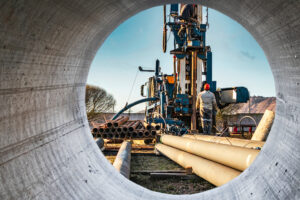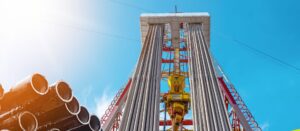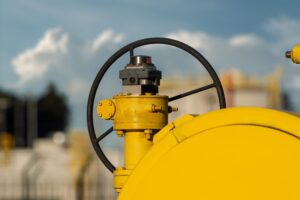Making Unconventional Natural Gas Exploration Greener and Safer
The oil and gas industry continues to successfully move towards ensuring that alternative natural gas production goes green. However, companies like MSI are aware that various US communities and interest groups may wonder what that will look like. For one, natural gas explorers are working tirelessly towards introducing new technologies capable of cutting down emissions. Their efforts are also aimed at reducing the amount of water and derived chemical outcomes during the production process.
Critics of hydraulic fracturing (fracking) lament over producers utilizing water during this unconventional process for extracting oil and natural gas. Fracking can turn utilized water into liquid waste, and this can further attribute to the greenhouse gas emissions problem. What critics and environmentalists may not realize is that companies are also very much aware of these same issues. Through their shared concerns, they’re making efforts to maintain environmental safety, preserve natural landscapes, and keep air and water clean.
Read more from MSI about how the government, industry regulators, and many leading producers are determined to make fracking more eco-friendly.
Focusing on Three Key Areas
Every energy entity and regulations organization involved in the oil and gas industry continues to make greener efforts. The following focuses on 3 major areas which include and are not limited to
1. Reducing Methane Gas Emissions
Producers are developing advanced sealing and filtering mechanisms to reduce emissions of methane gas associated with drilling activities. Their goal is to capture emissions as much as possible and utilize methane as a natural heating resource.
2. Recycling and/or Reusing Water
Various companies are also looking at developing effective ways to decontaminate brine and wastewater. By doing so, they can reuse or recycle water for future operations. Their efforts are also aimed at identifying advanced recycling methods. In fact, there are some companies currently exploring water-free options.
3. Increasing Operations Regulations
One of the top priorities of the government is to ensure that every company remains in compliance with current regulations. Our government and industry enforcement organizations aim to ensure that fracking explorations maintain responsible and proper practices when using these unconventional methods to develop natural gas.
Plugging Methane Leaks
When oil and gas companies take necessary precautions to properly plug gas leaks, this prevents emissions and also increases output. Fortunately, top oil and gas engineers have developed infrared cameras and operational equipment that can detect leaks. These innovations provide great investment opportunities for producers looking to maintain safe and effective operations.
Other companies are working towards replacing traditional pressure-monitoring pneumatic controllers that they know emit gas into the atmosphere. This innovative move intends to bring in lower-bleed designs that can minimize emissions by up to 35 billion cubic feet/year. As such, operators will replace chemical injection pumps with solar-powered units that are more eco-friendly.
Water-free Fracking and Other Innovative Measures
Various companies are now turning to GasFrac’s fracking system. GasFrac Energy is located in Canada, and they’ve started utilizing a system which helps eliminate the need for water. Instead, this technology takes advantage of a gelled fluid containing propane that allows drilling operations to achieve the desired results with one-eighth the liquid.
In another instance, some drilling operators are now using recycled gray-water or brine thanks to a mechanism that refines friction-reducing additives. This solution can produce a viscous fluid from the water. As a result, operators don’t have to turn to fresh water every time they drill, which overall conserves our water.
There are many other oil and gas operations across the US who are striving to make hydraulic fracturing safer and greener. A Houston-based company has reportedly switched to powering fracking equipment with natural gas instead of diesel fuel. This type of eco-friendly practice eliminates the need to use diesel-powered equipment, which increases the number of environmental pollutants.
How Supply Companies Are Also Going Green
At MSI, we provide tubular pipe protection products that maintain the integrity of tubular goods. Likewise, we offer protection for products used in downhole exploration. As leaders in the pipe protection industry since 1980, MSI specializes in keeping threads 100% in-tact and ready for use without hassle. MSI’s protective products ultimately ensure that chemicals and/or resources stay contained in tubular pipes as they should. This only happens when operators are able to properly connect tubing with threads that are in-tact and leaks are prevented. As a result, companies can rest assured that their equipment is damage-free and will maintain clean and effective operations.
For your next order of high-quality pipe protection products to make operations even more eco-friendly, contact MSI Pipe Protection Technologies. Call us at 1-877-276-9208. You may also contact MSI online, or request a free quote at your convenience. We’re here to help you deliver all day, every day.




